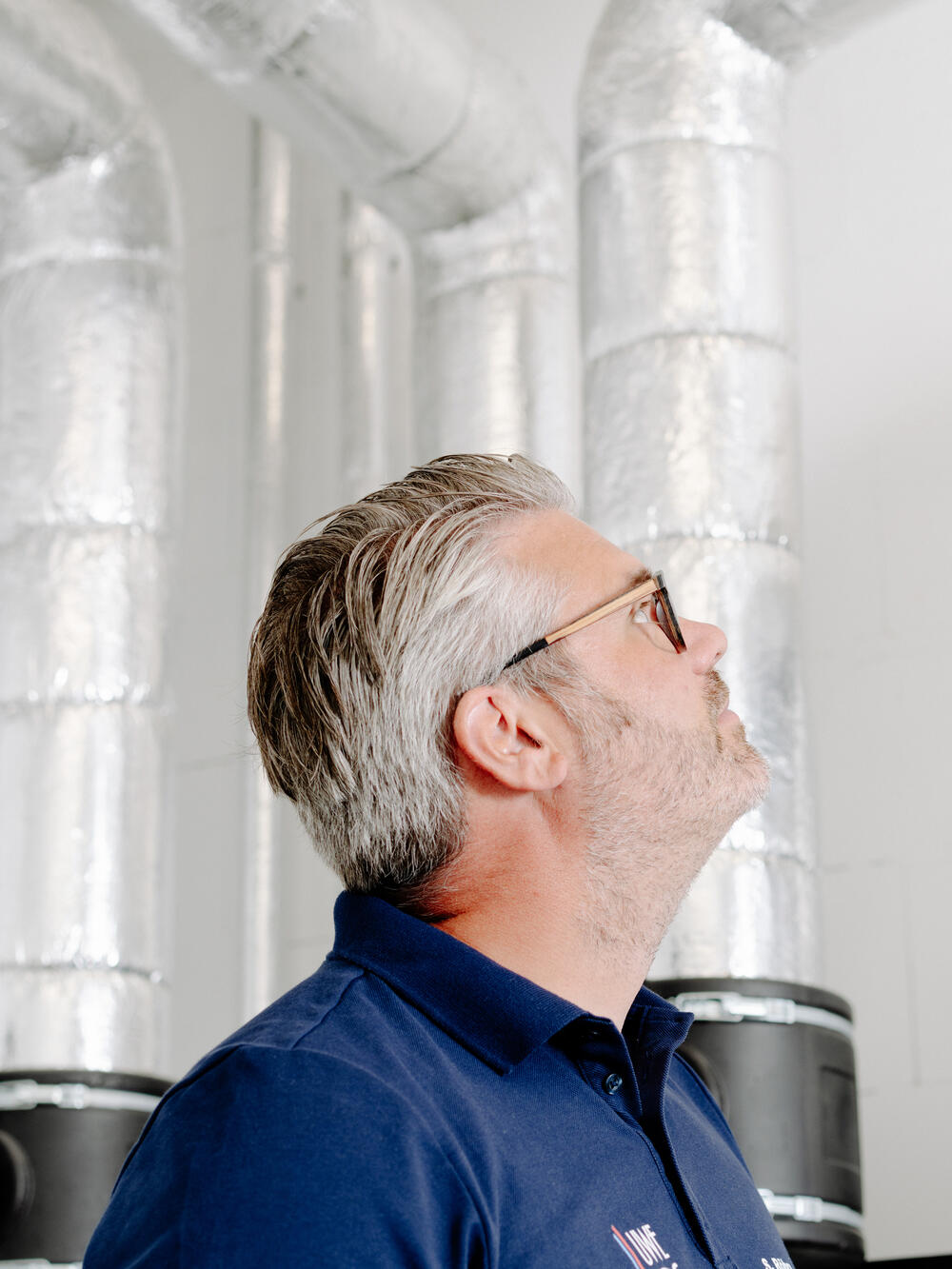
Uwe Röhrs for Die Zeit

Uwe Röhrs for Die Zeit

Non-Structures

Detlef Grüßing for Die Zeit
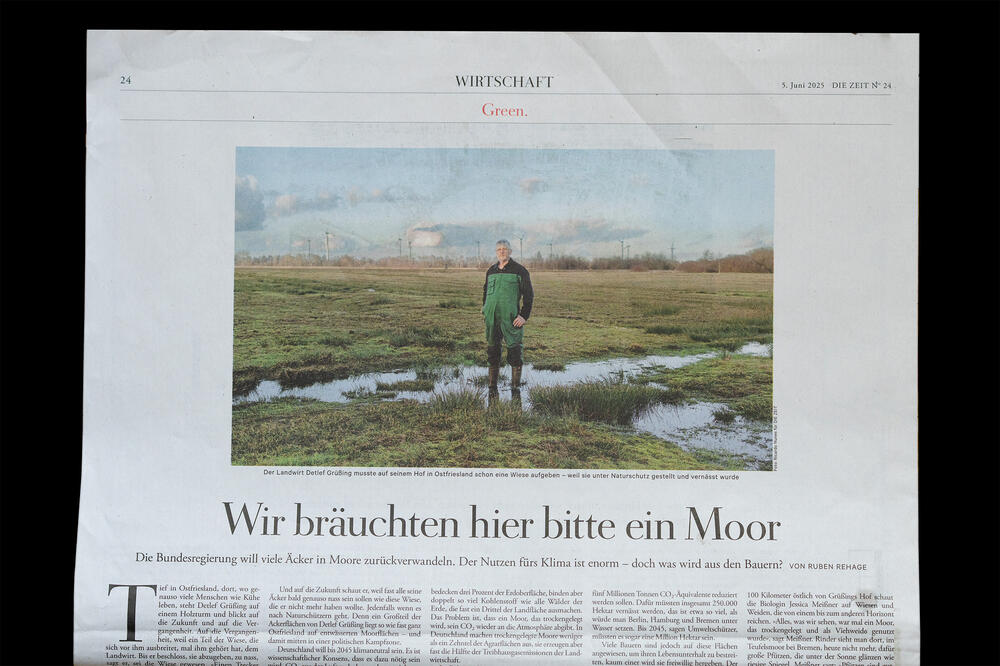
Styrohaus

Antje Boetius for Spiegel Magazin
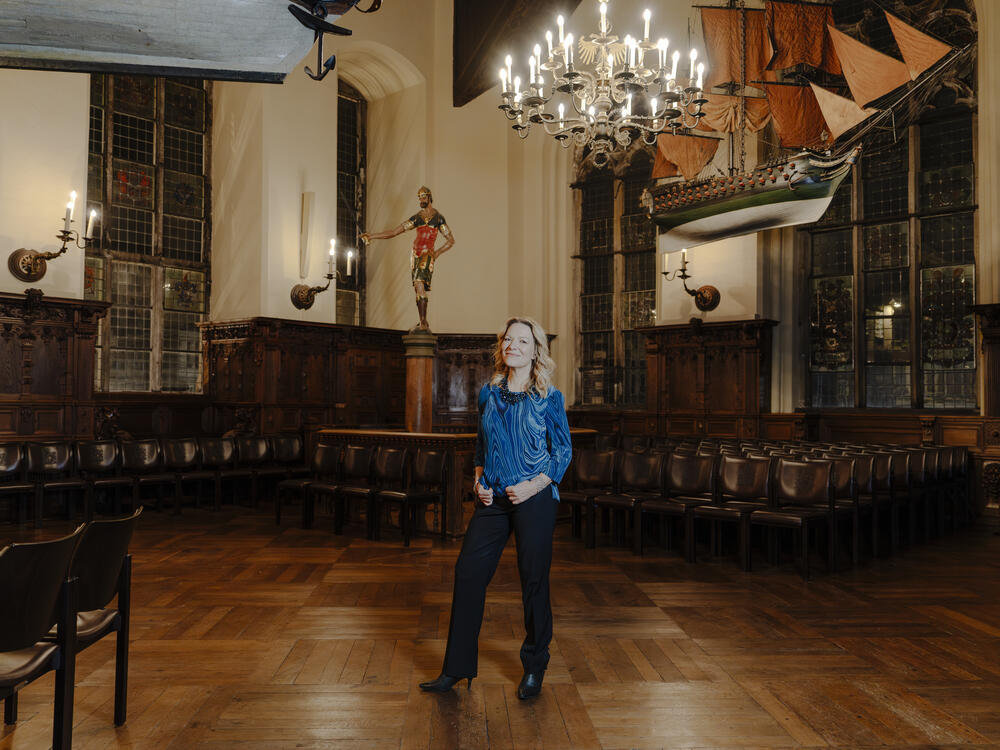
Family Time

Sven Giegold for Follow The Money
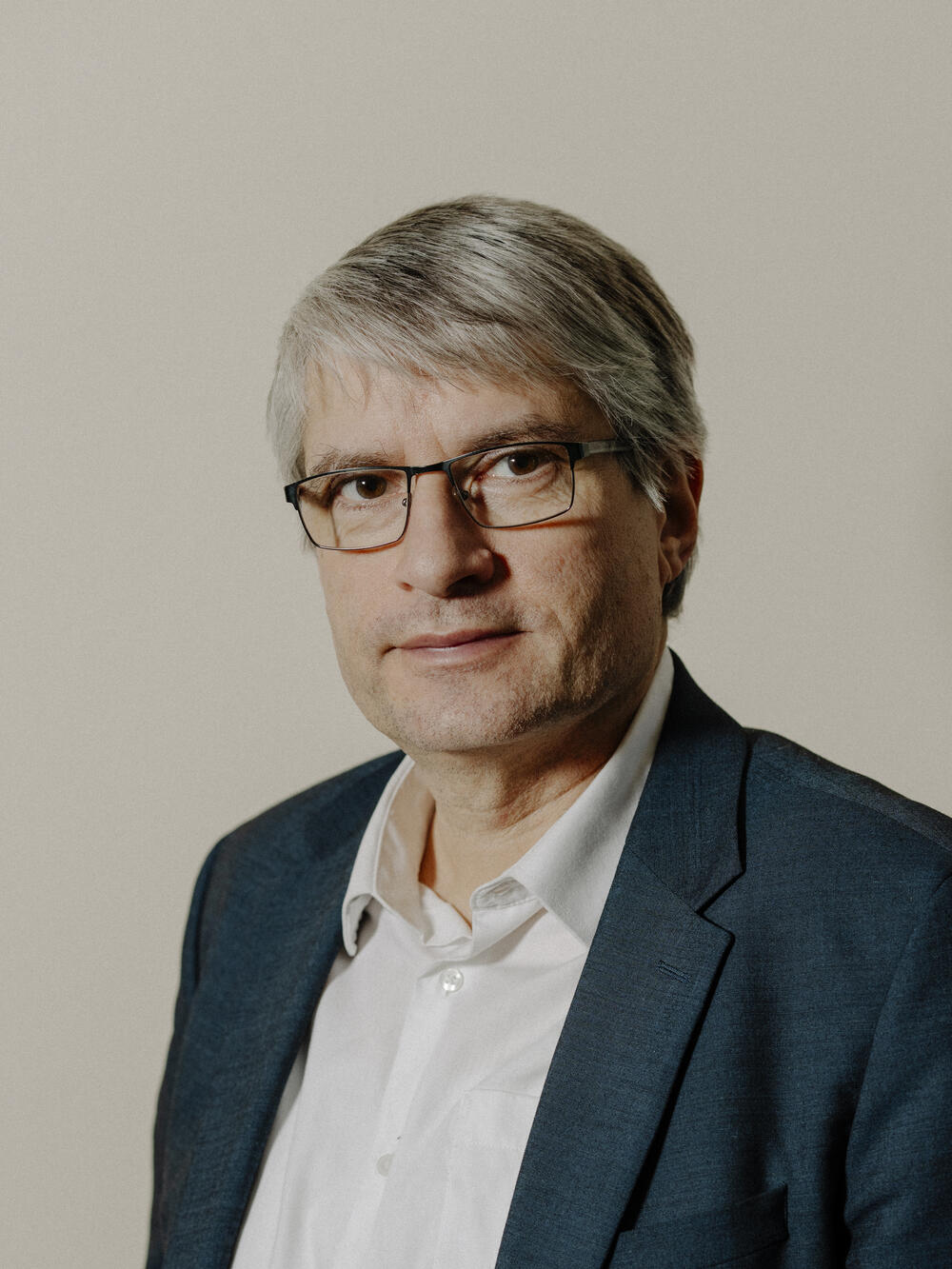
Organic farmhouse reportage
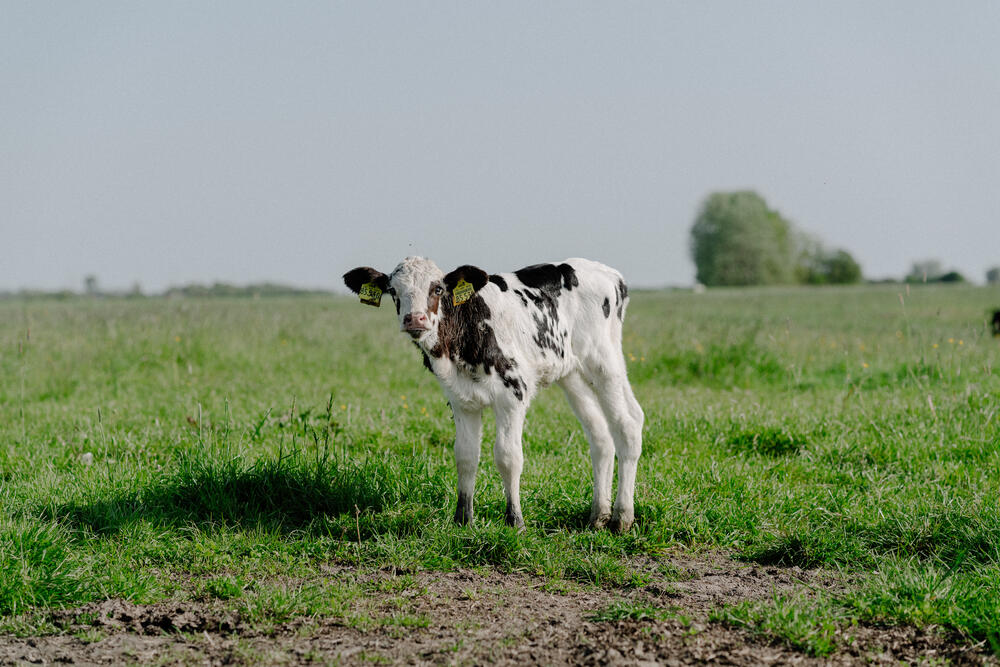
Untitled - Case Study
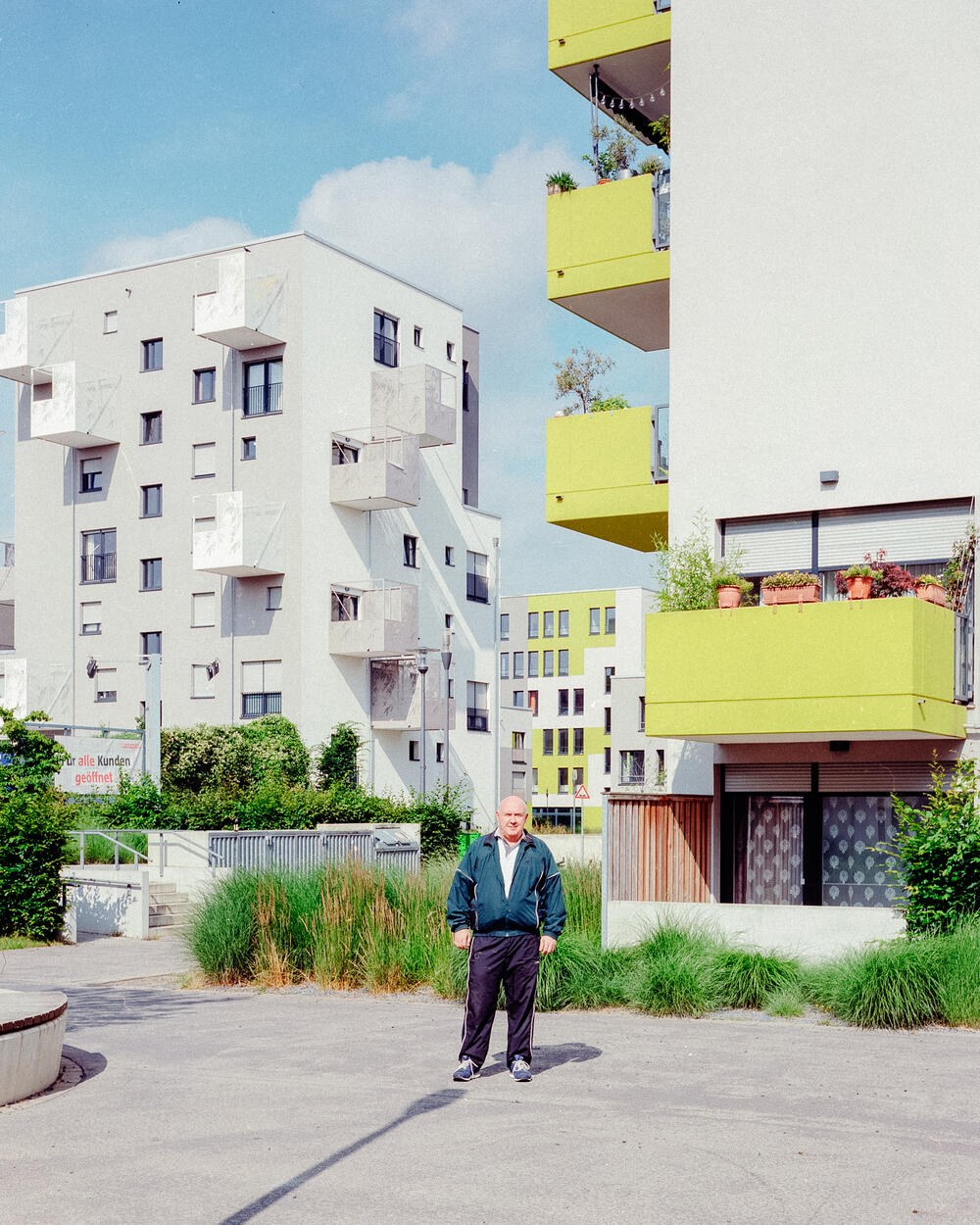
Obdach Boden
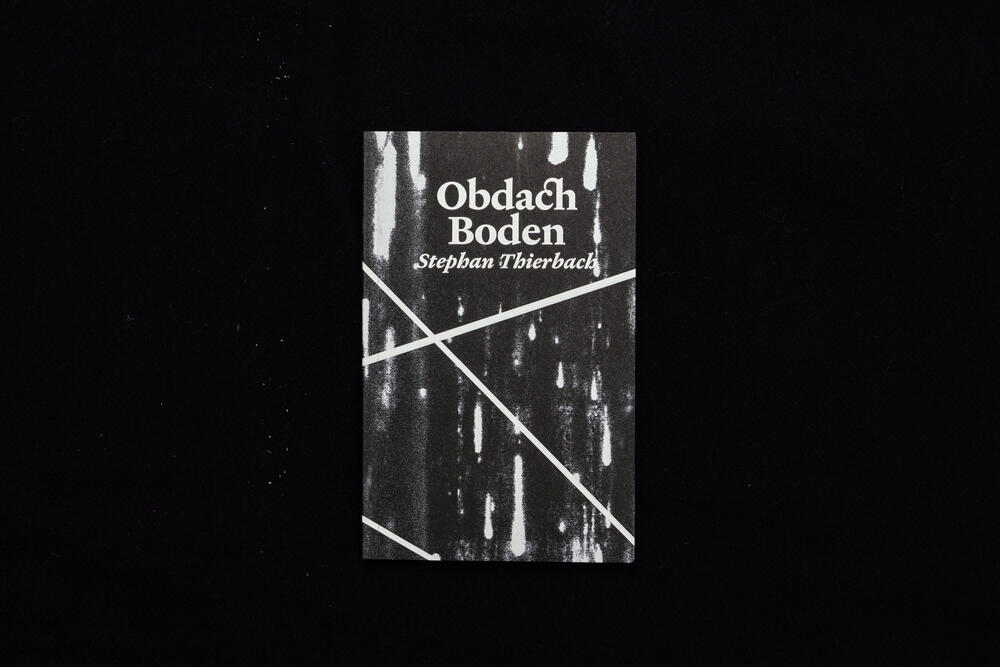
For Sale
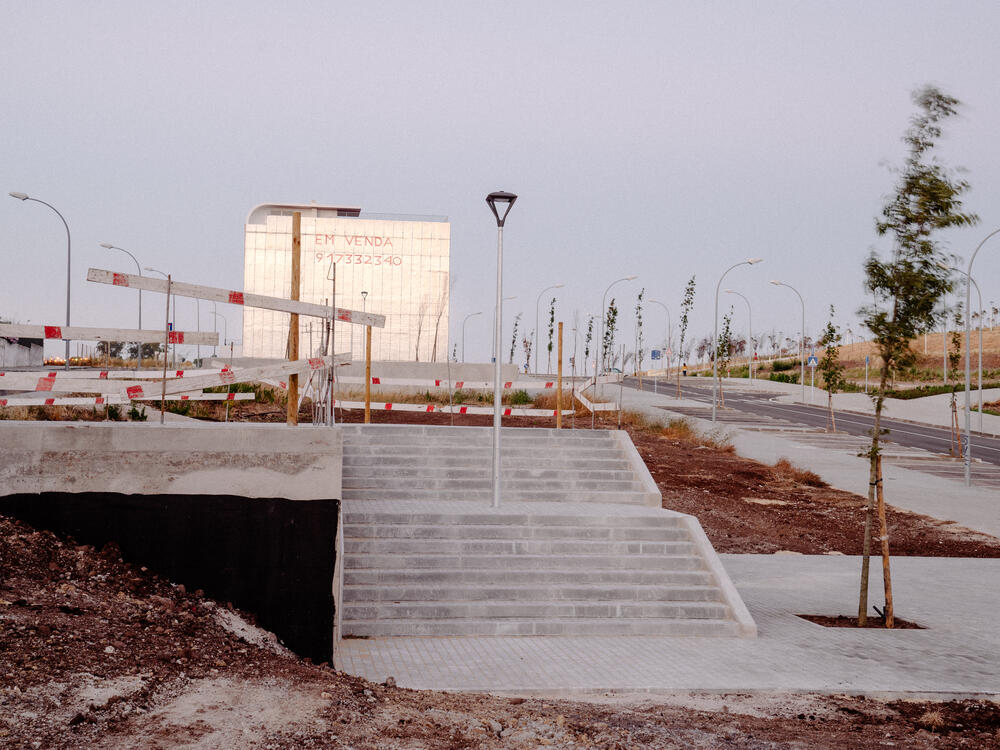
Von Wolkenschäden
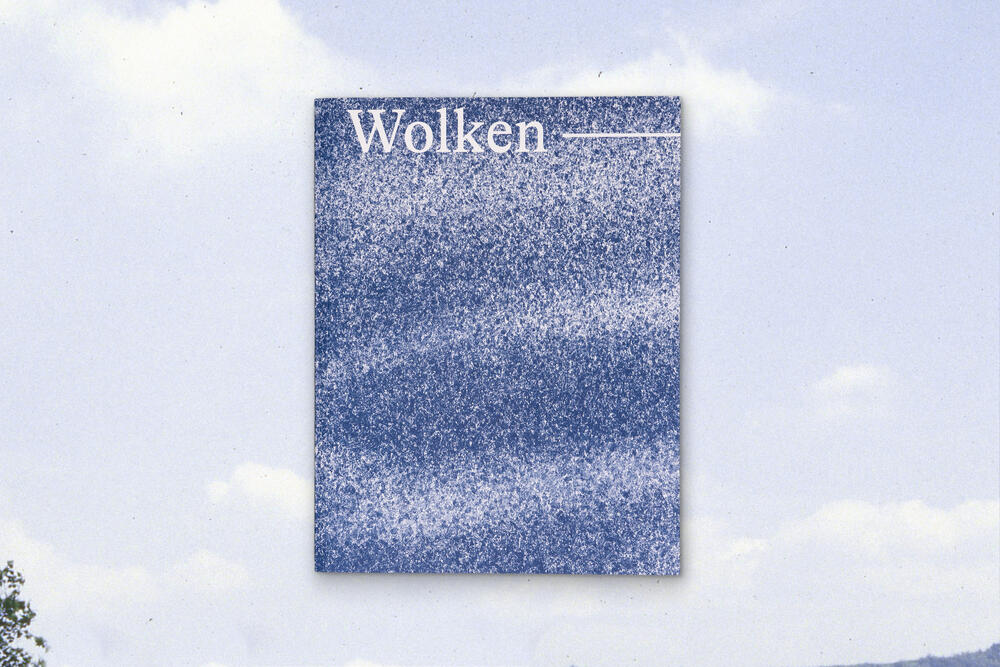
Abendbrot
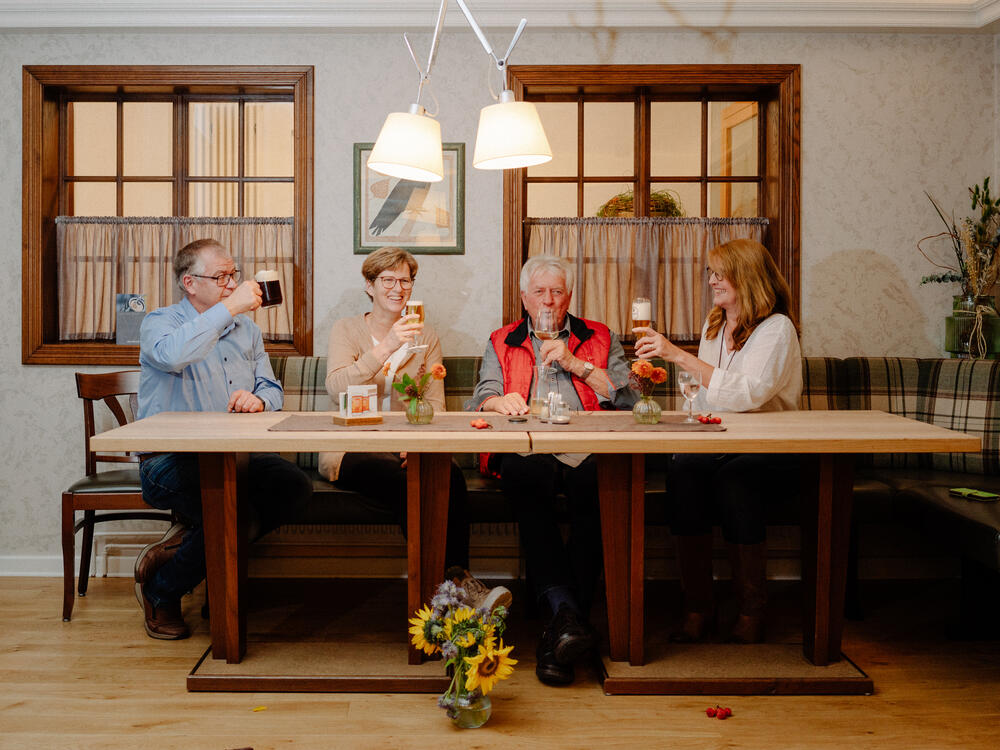
Treibgut
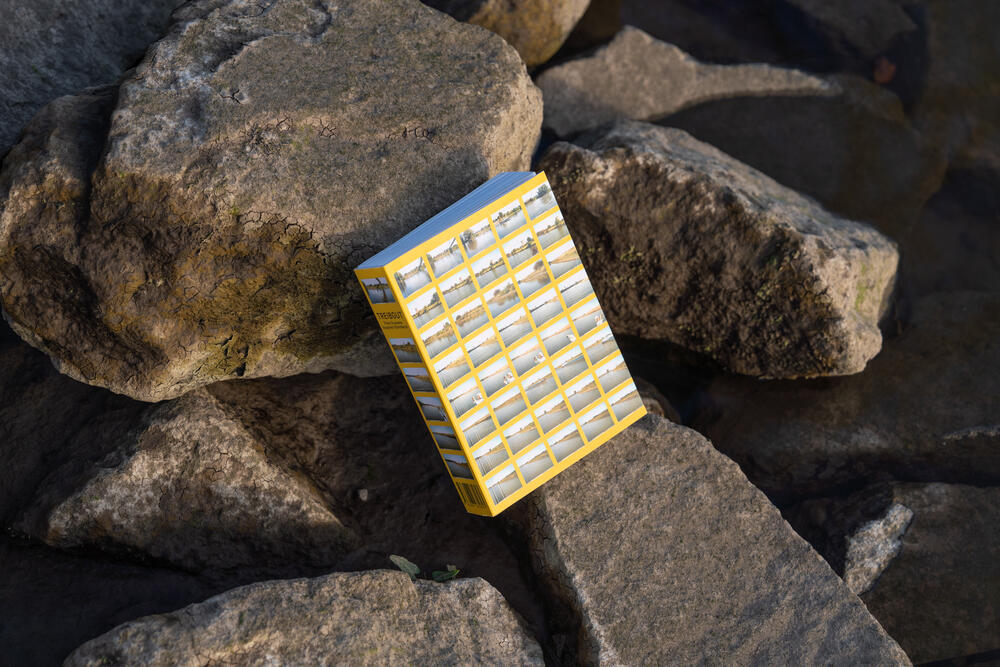
Manmade
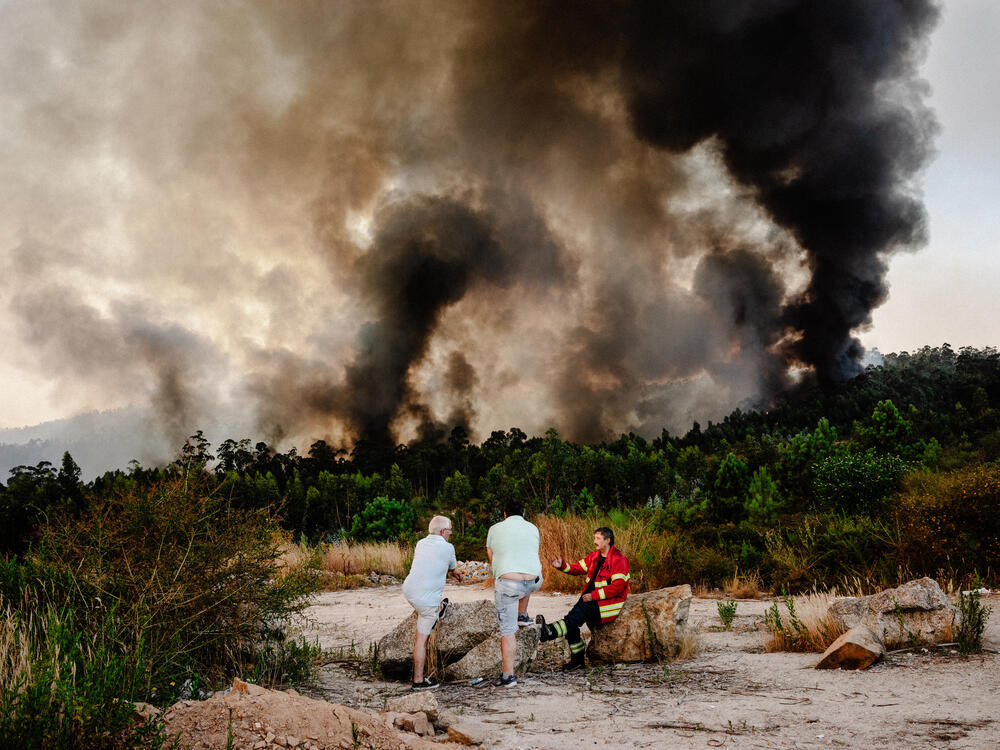
A One Storied Country
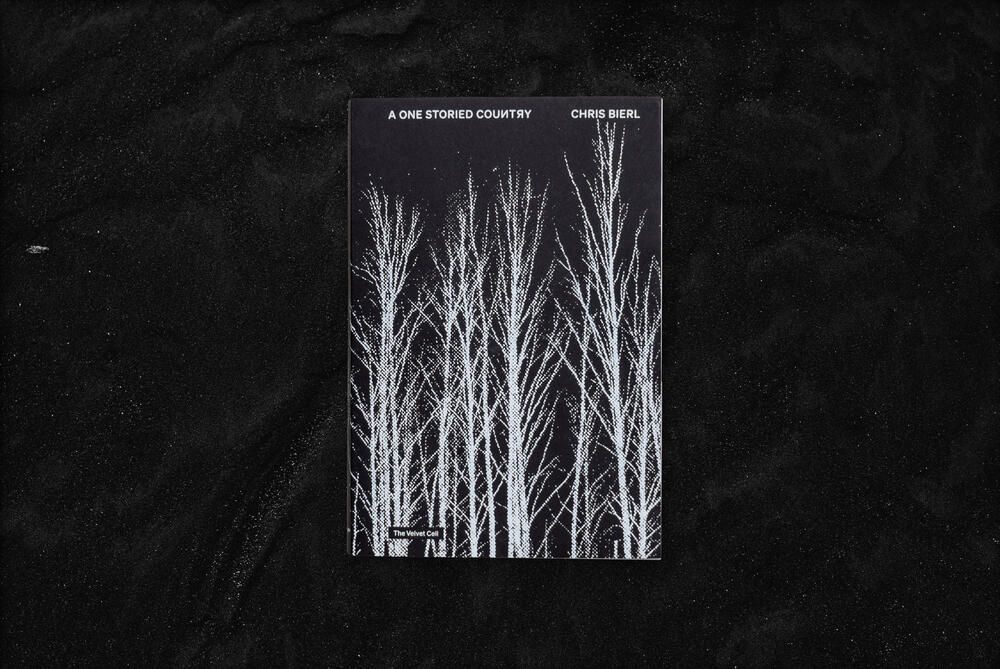
Places of Disquiet
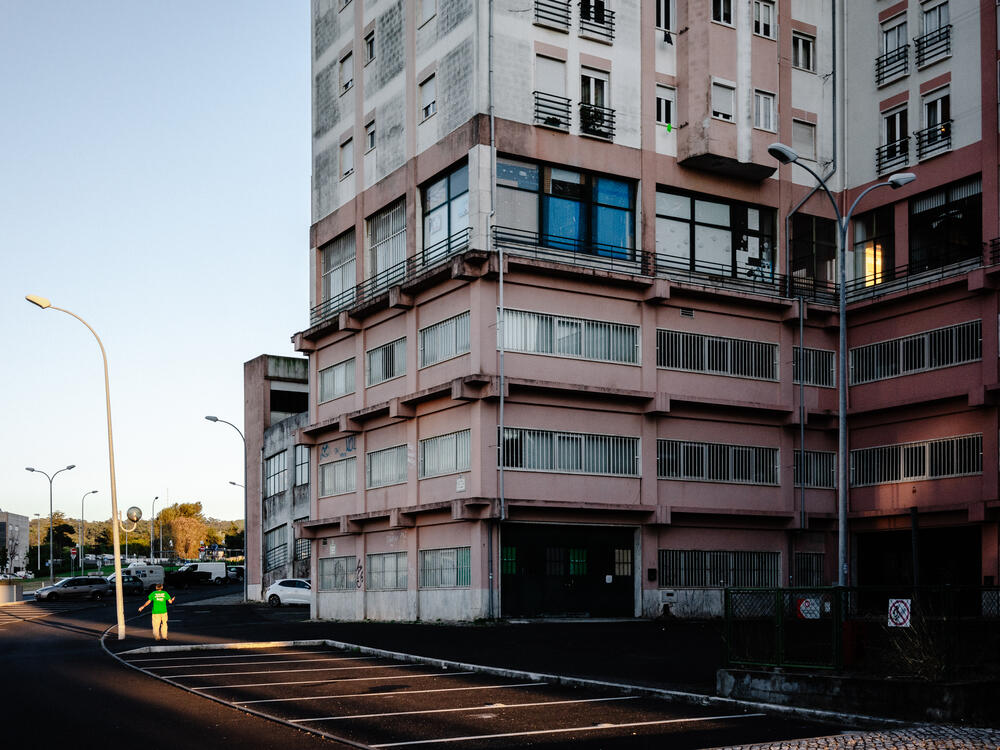
Selected Portraits
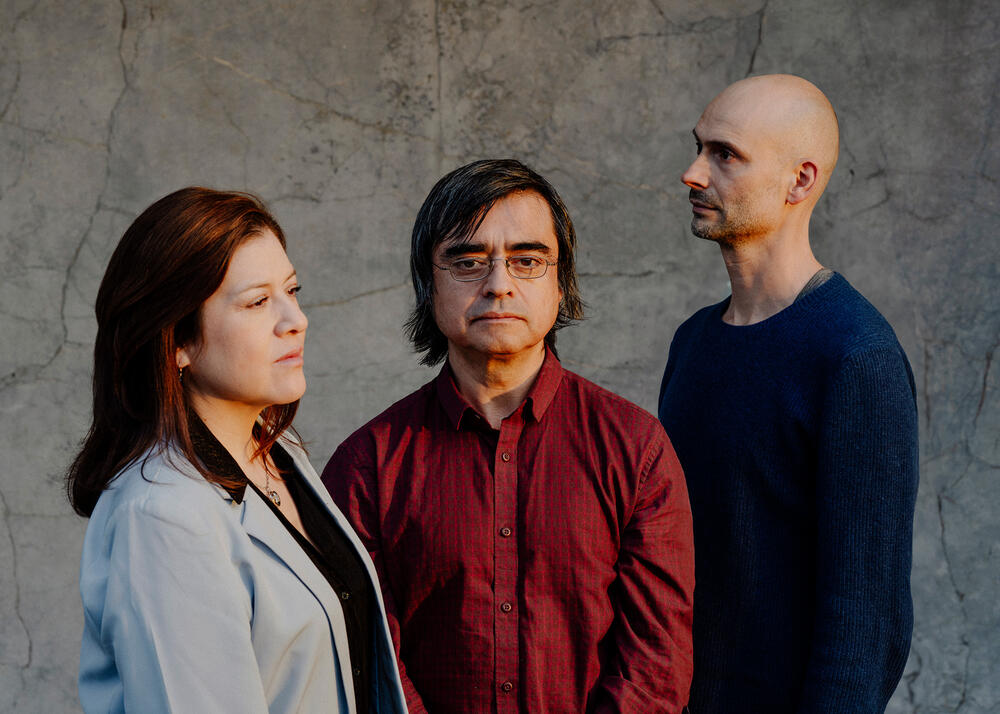
The Hunter, the Woman & the Hut
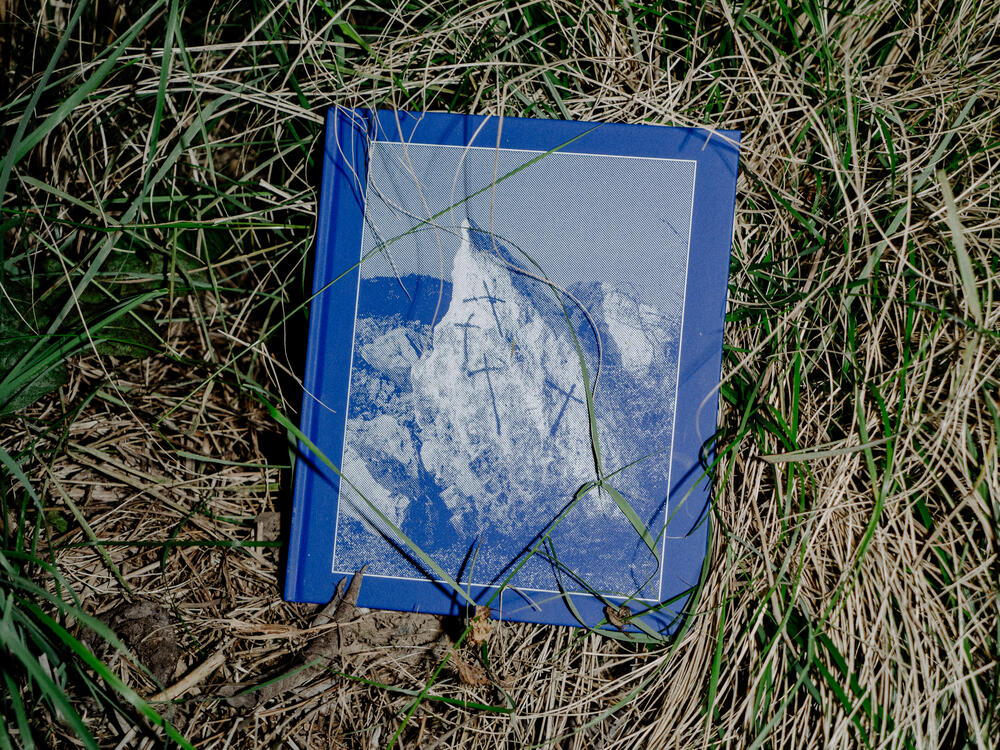
Defensive Architecture
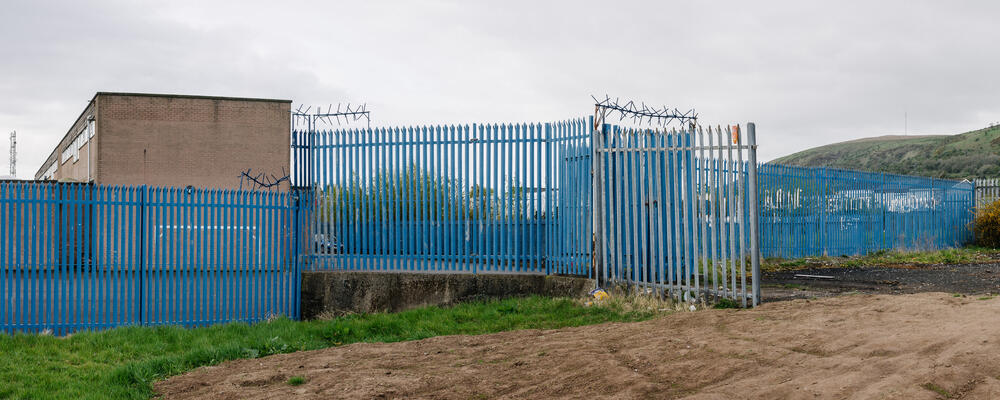
Was wären wir ohne euch
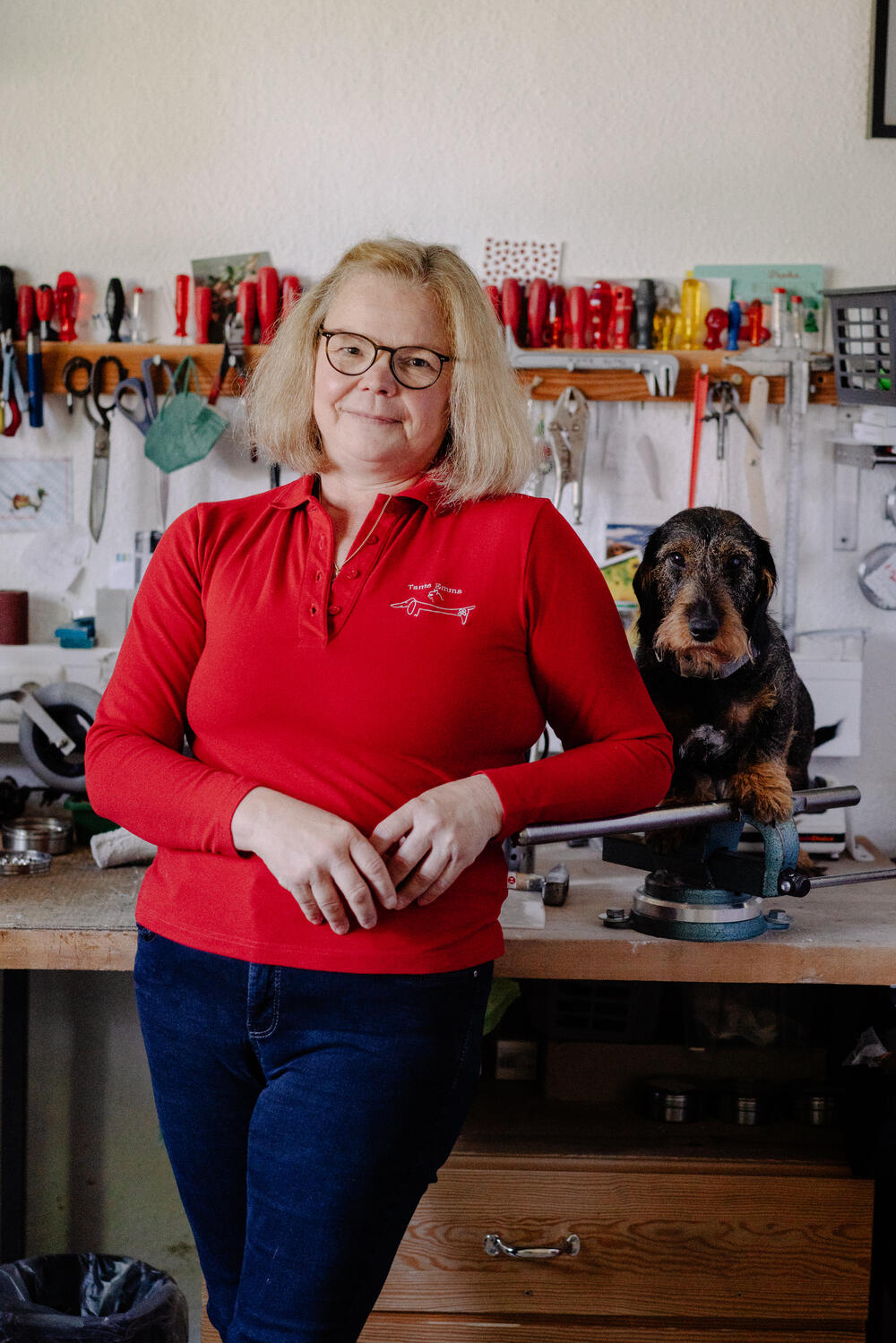
Tolyatti
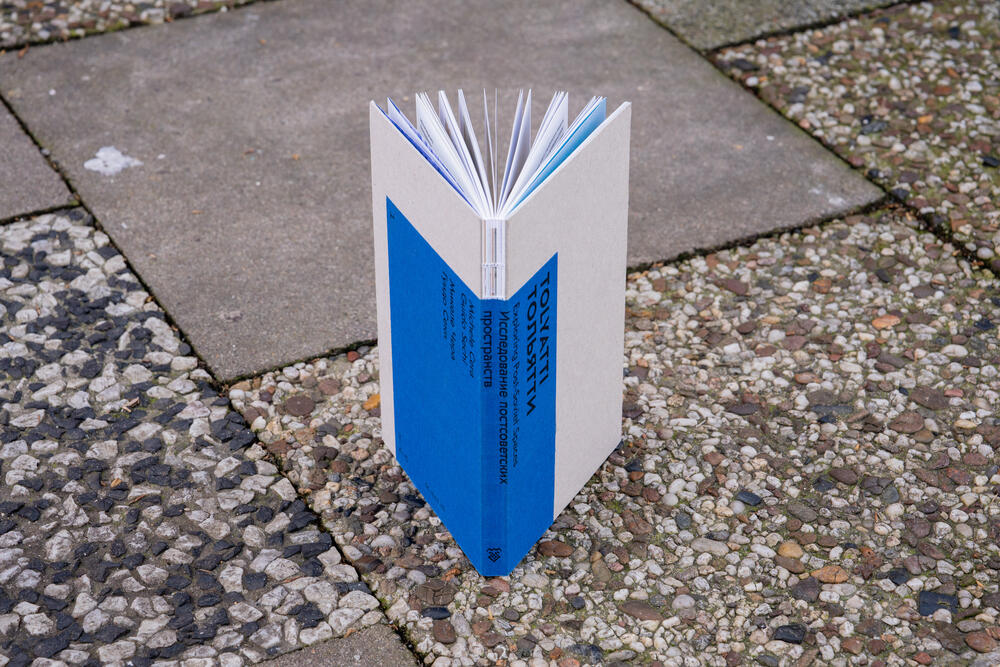
The Western Gate
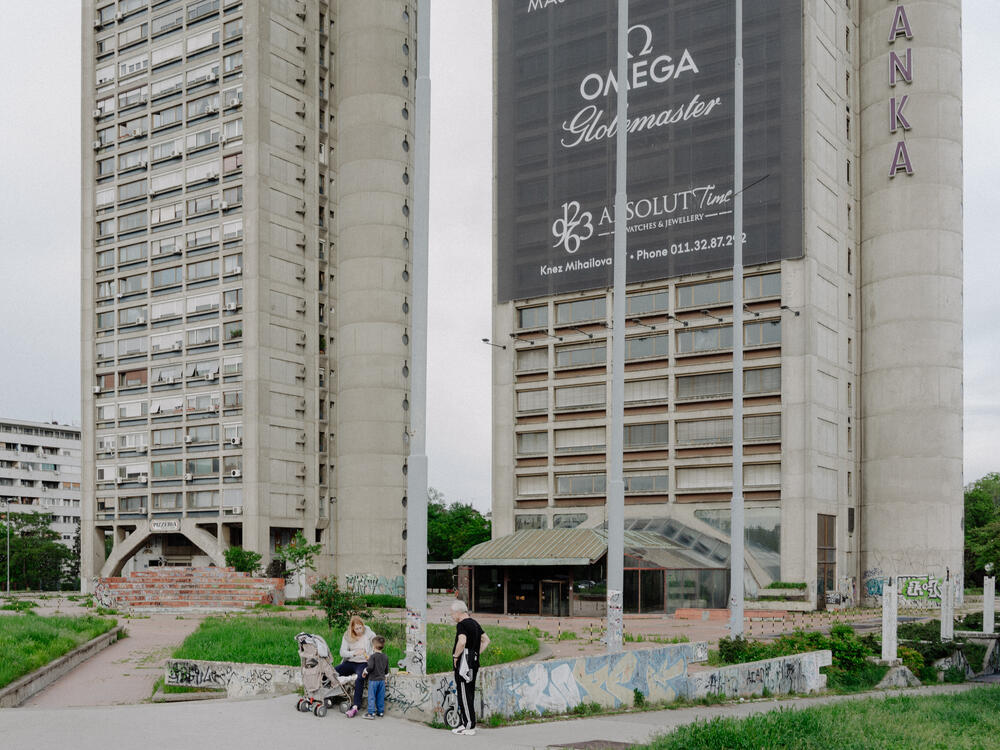
Free Chico
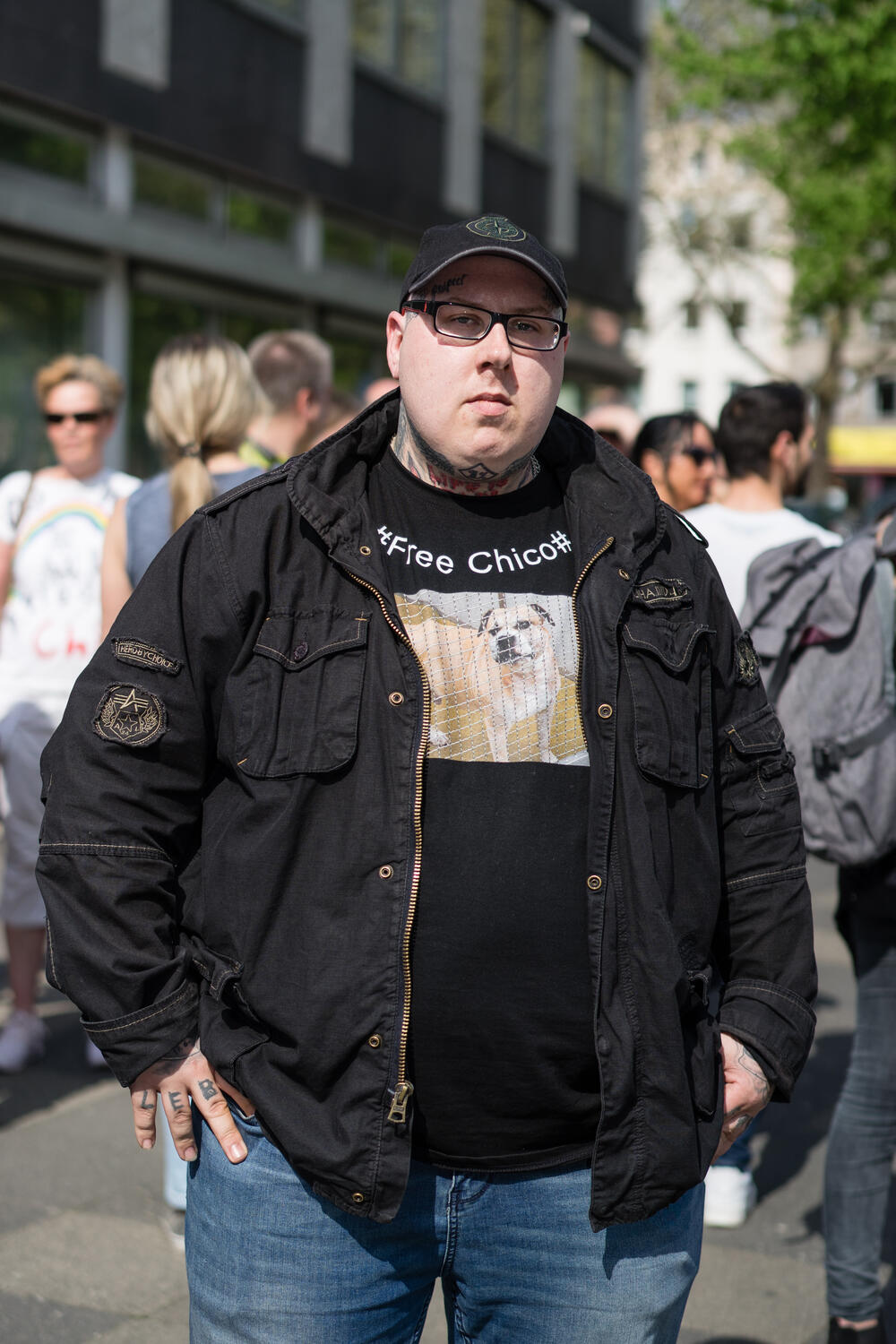
Informal Mosques
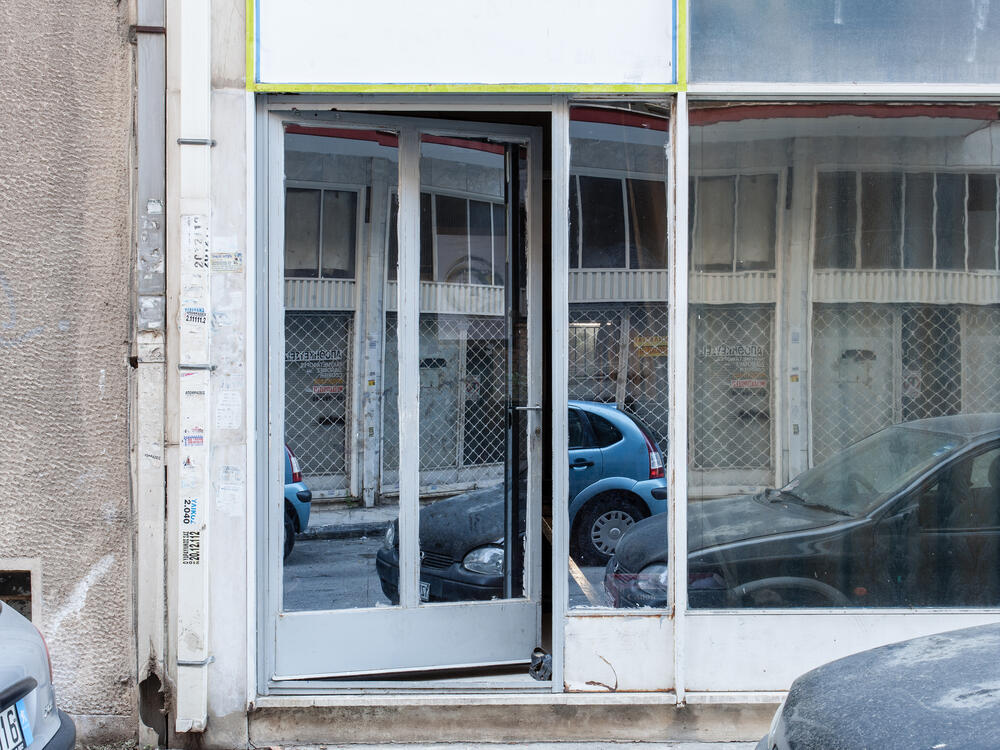
Ricardo Alves Ferreira Nunes is a documentary photographer, graphic designer and photobook publisher. While emphasizing on photography, he designs and publishes books and is therefore part of The Velvet Cell, an independent photobook publishing house based in Berlin. Besides of that he also teaches at Kunstschule Wandsbek. Currently based in Bremen (Germany), but travelling several times per year to Portugal.
46. Bremer Förderpreis für Bildende Kunst
(Städtische Galerie Bremen)
Between the Lines
(Galerie Mitte, Bremen)
Die andere Sicht
(Osthaus Museum, Hagen)
Gute Aussichten. Junge deutsche Fotografie
(Deichtorhallen Hamburg)
Gute Aussichten. Junge deutsche Fotografie
(Goethe Institut Hanoi Vietnam)
Gute Aussichten. Junge deutsche Fotografie
(Goethe Institut Mexico City Mexico)
Gute Aussichten. Junge deutsche Fotografie
(Landesmuseum Koblenz)
Gute Aussichten. Junge deutsche Fotografie
(NRW-Forum Düsseldorf)
Beograd — White City
(Hinterconti, Hamburg)
The Modern City
(Spedition, Bremen)
Conflict?
(Markuskirche, Hannover)
Photokina
(Leica-Galerie, Upcoming Masters, Köln)
Crisis — What Crisis
(Galerie Mitte im Kubo, Bremen)
Gute Aussichten. Junge deutsche Fotografie
New German Photograpy
International Photography Grant
Shortlist “Best Architecture”
International Photography Grant
Shortlist “Best Story” and “City”
Teaching at Kunstschule Wandsbek
Hamburg / Bremen
Publishing at The Velvet Cell
Berlin
Master of Arts, Culture and Identity
University of the Arts Bremen (GER)
Bachelor of Arts, Communication Design
University of Applied Sciences and Art Dortmund (GER)
Srishti Manipal Institute of Art, Design and Technology
Bangalore (IND)
Feel free to get in contact
info@ricardonunes.de
+49 177 684 1579
Follow me on Instagram
@ricardo_af_nunes
The requested page could not be found or is currently unavailable